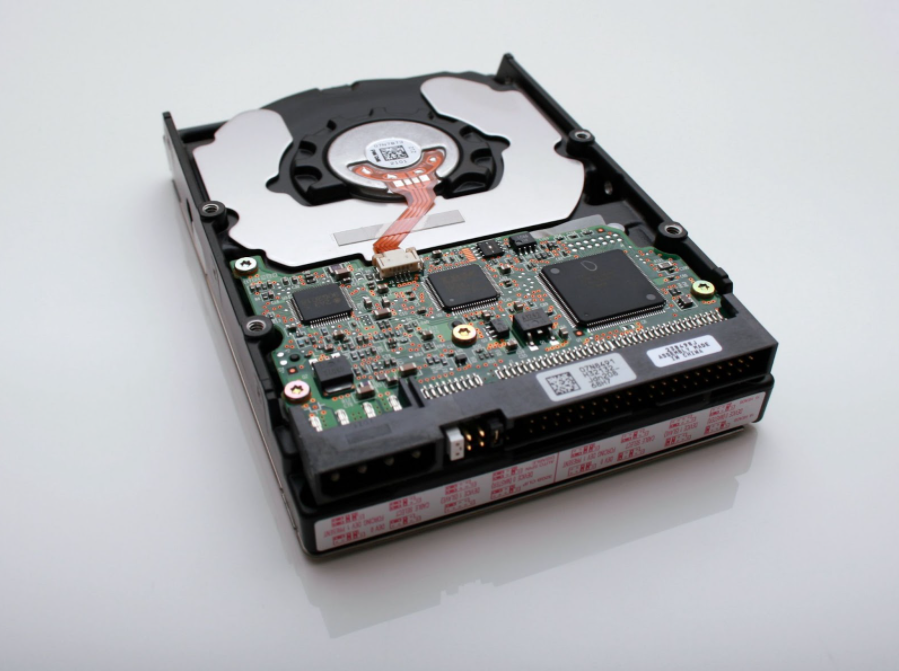Disclaimer: I am a consultant at Amazon Web Services, and this is my personal blog. The opinions expressed here are solely mine and do not reflect the views of Amazon Web Services (AWS). Any statements made should not be considered official endorsements or statements by AWS.
Backing up data is important, but not that many people bother putting enough effort into making sure that their files are safe. The negligence should not be so prominent given how many different factors can lead to data loss.
You have malware attacks wiping entire databases, power outages that disrupt the flow and crash the systems, hardware problems that cause drives to break down, and even someone using a computer deleting files accidentally.
Sure, one could argue that recovery software is good enough of a safety net, but there are no guarantees that you can actually recover lost data. As such, it is better to be safe than sorry.
Whether you are an individual or someone who has to manage vast amounts of data, it makes sense to take the necessary precautions and back up the files and do so on multiple different channels.

Overall, the process of backing up data is relatively similar when you compare the fundamentals regardless of the device. You find a means and copy data from your device to a backup location.
Take smartphones or tablets, for example. They do not come with as much storage as computers that have hard drives or solid-state drives. Nevertheless, there is still decent enough storage available, and you can store files on mobile devices.
It also comes down to how much money you can spend on a smartphone or a tablet. The more expensive models usually come with additional storage.
For computers, things are a bit easier. Both laptops and desktop computers come with HDDs and SSDs, giving users more space to work with. It also means that if you have more space to work with, you will keep more files on the device.
Besides different devices, you also have different operating systems. One thing that stands out about them is that you need to use tailor-made software to backup data. For instance, macOS users stick to Time Machine, which is a built-in application. Keep in mind, though, that third-party software does the job as well.

Let’s move on to the actual data backup. The first way to do it is by relying on external storage accessories.
The two that usually come to mind first are external hard drives and USB flash sticks. The former is a better choice most of the time because it gives more space. At the same time, hard drives are larger, and it might be a bit awkward to find a space in your room for one or multiple HDDs.
A USB flash stick is more compact, and it is cheaper, but you might find that it does not offer as much storage as you need. And is there really any point in purchasing multiple flash sticks? Probably not, but then again, it comes down to your personal preference.
Creating a backup on an external storage device is as simple as copying files from a computer and pasting them into the drive after mounting them on the device.
The backup might take a while, particularly if you have a lot of files, though thanks to improvements to computer ports and accessories themselves, the wait is not as long as it used to be.
One final thing to note is that unless you have a dedicated server to keep data backups, you will need external accessories regardless. In fact, some software, such as the aforementioned Time Machine, requires an external HDD to back up files.
In case you do not want to clutter your room with physical computer accessories, there is an alternative.
Taking a more digital approach to backing up data makes sense even if you do not have that many files you want to copy and protect.
Cloud services offer an excellent solution because it gives you the option to store files digitally without bothering with accessories like HDDs or flash sticks.
Moving files back and forth between clouds and your device is pretty straightforward. In some instances, you can use and modify files directly in the cloud. A good example of this is Word documents.
Some people also rely on cloud services to keep files they are unsure of. In other words, whether a file is necessary or not. For instance, if they notice that there is too much temporary data, one of the steps to deal with the problem is to relocate some files to clouds, so you do not lose them and figure out if the files are worth keeping or not.
Of course, there are some downsides. If you are going to be using cloud services, the total available storage is unlikely to suffice. You will need to pay a monthly or a yearly fee (depending on which one makes the most sense budget-wise) for clouds, whereas an external HDD or a USB flash stick would require a one-time payment.

